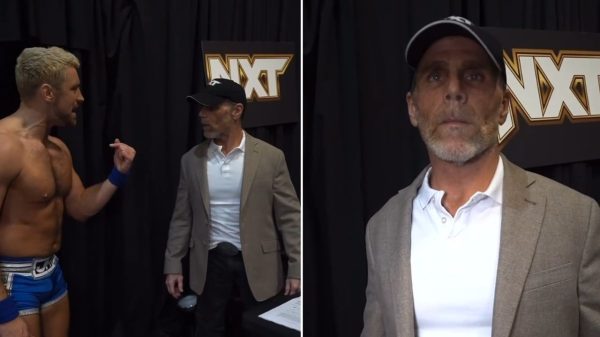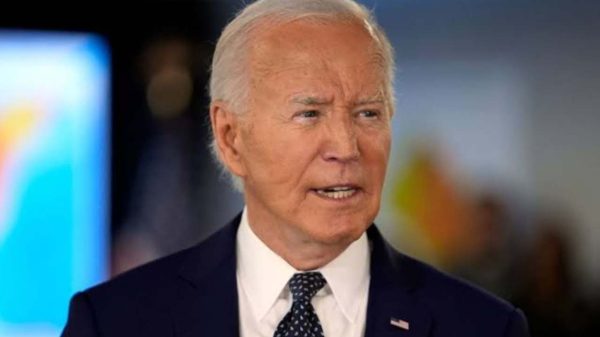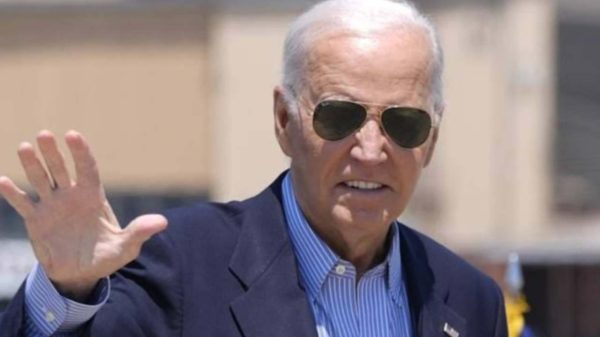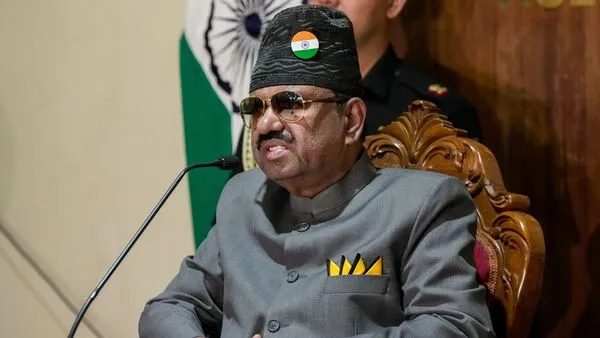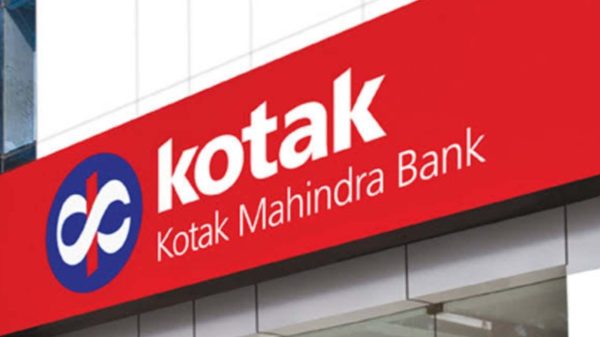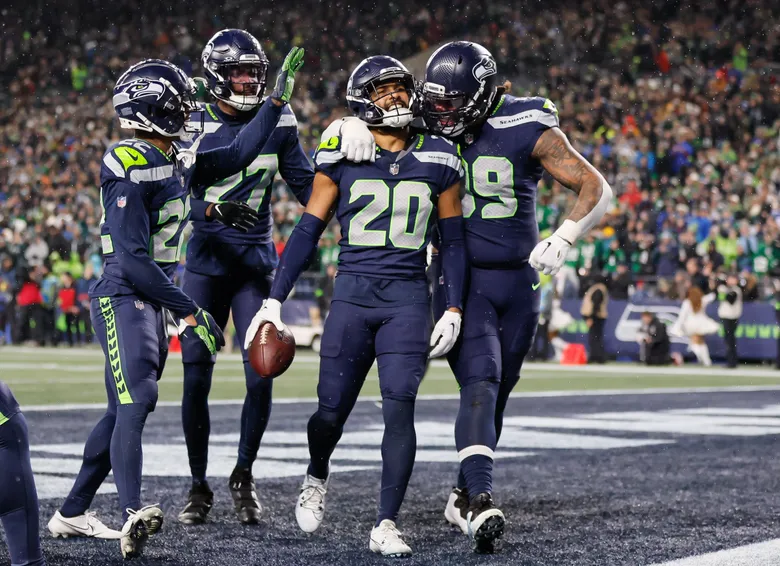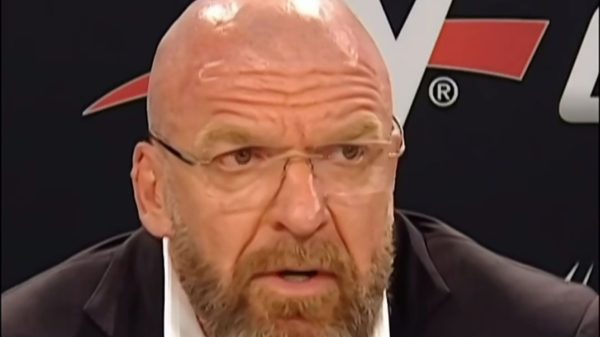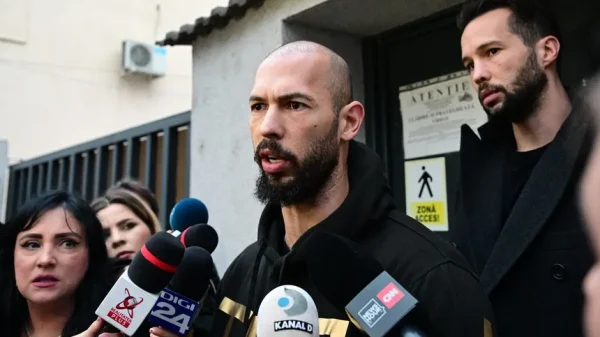The Seattle Seahawks made significant roster moves on Tuesday, parting ways with safeties Jamal Adams and Quandre Diggs, as well as tight end Will Dissly.
Adams, a three-time Pro Bowl honoree, was released due to financial considerations, with his $16.5 million 2024 salary being nonguaranteed, coupled with a substantial $26.9 million salary cap hit.
The decision to release him allows the Seahawks to free up valuable cap space while also avoiding future financial commitments associated with his contract.
With Diggs’ departure, the Seahawks gain $11 million in cap space, albeit at the cost of $10.26 million in dead money. Similarly, Dissly’s release creates $7 million in cap relief while resulting in $3.1 million in dead money.
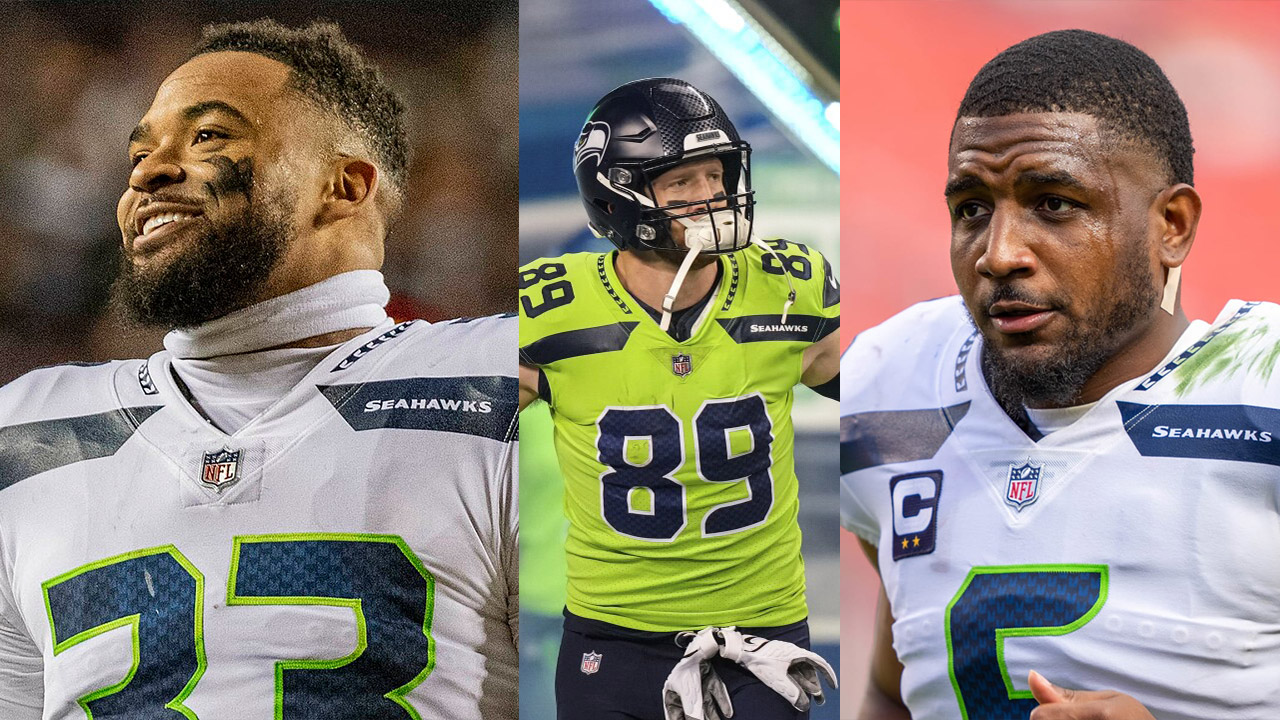
Jamal Adams, Quandre Diggs and Will Dissly (Via Seahawks/Twitter)
Adams’ tenure in Seattle, marked by injuries and a lack of on-field impact, failed to meet expectations following his acquisition from the New York Jets in 2020.
Despite an impressive debut season, Adams’ subsequent performance did not justify his status as the NFL’s highest-paid safety.
Diggs, acquired from the Detroit Lions in 2019, enjoyed success with the Seahawks, earning three consecutive Pro Bowl selections and demonstrating proficiency in interceptions and tackles. However, given his age and contract status, the team opted to part ways with him.
Dissly, a fourth-round draft pick in 2018, contributed to the Seahawks’ offense over six seasons but faced release due to salary cap considerations and a decline in production.
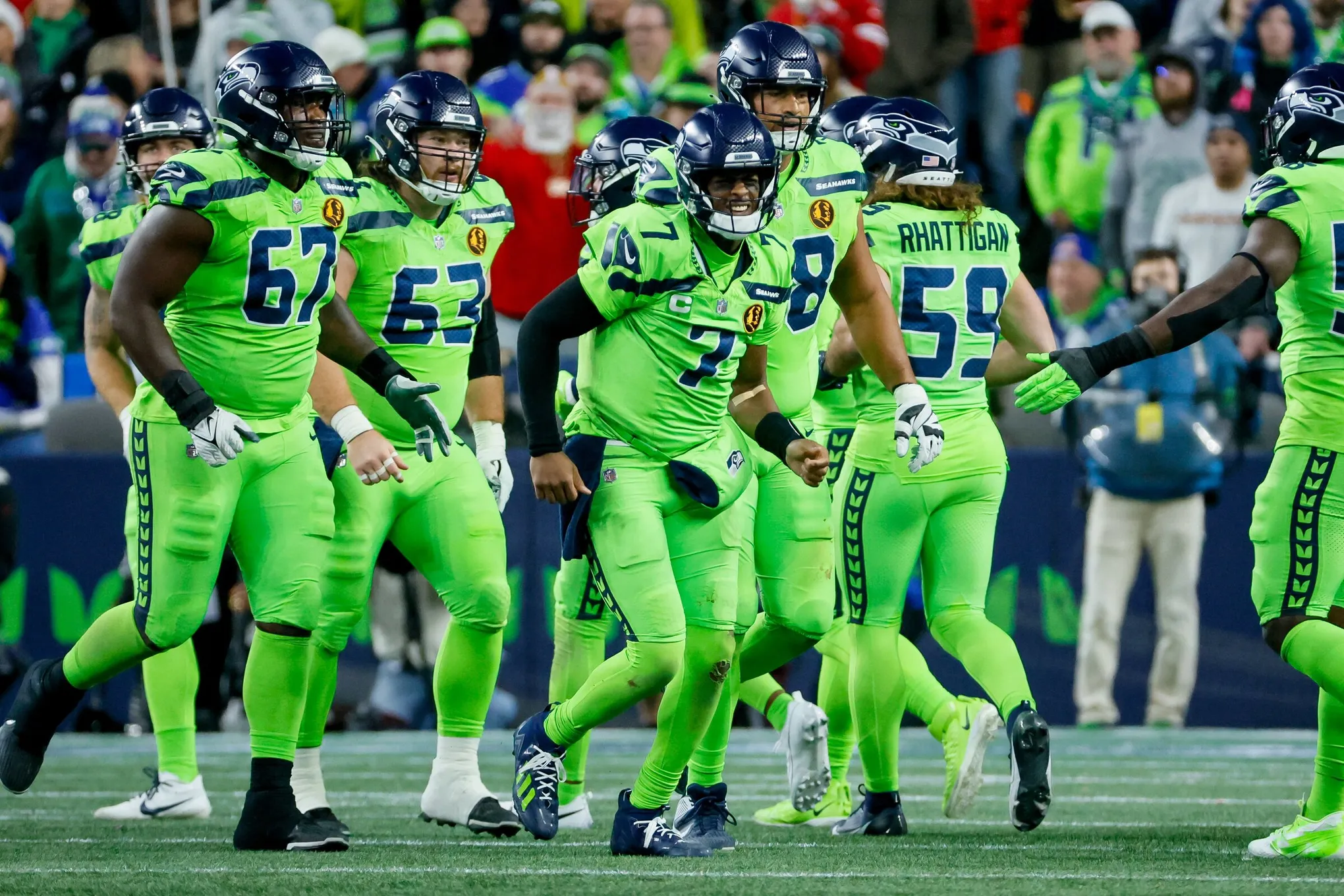
Seattle Seahawks (Via Seahawks/Twitter)
Adams’ stint in Seattle was marred by a series of injuries, culminating in his release. Despite a promising start, Adams struggled to maintain his health, missing significant playing time and failing to replicate his early success.
In addition to injuries, Adams courted controversy both on and off the field, drawing attention for his on-field outbursts and social media conduct. These incidents, coupled with his inconsistent performance, contributed to his departure from the Seahawks.
The decision to release Adams, Diggs, and Dissly reflects the Seahawks’ commitment to roster optimization and financial flexibility as they go through the challenges of the NFL offseason.


